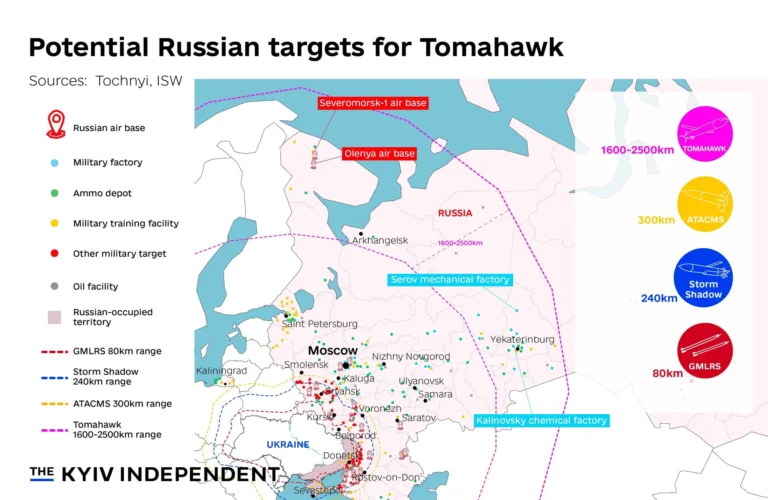
At first glance, Russia presents itself as a global superpower. Nuclear weapons, a permanent seat on the UN Security Council, and vast natural resources create the illusion of unstoppable influence. But peel back the geopolitical bravado, and a striking truth emerges: Russia’s entire economy is smaller than that of Belgium, the Netherlands, and Luxembourg combined.
Yes, you read that correctly. The combined GDP of the BENELUX countries surpasses that of the Russian Federation. For a country that prides itself on global stature and imperial ambition, that economic reality is damning.
🌍 The Numbers Don’t Lie
According to IMF data (2024):
- Russia’s nominal GDP: $1.9 trillion USD
- Netherlands: $1.3 trillion
- Belgium: $670 billion
- Luxembourg: $94 billion
Total BENELUX GDP: ≈ $2.06 trillion
That’s over $150 billion more than Russia’s entire economy.
When adjusted for population:
- BENELUX population: ≈ 29 million
- Russia: ≈ 144 million
Russia has five times the population, yet lags behind in economic output.
🏛️ Why Size Doesn’t Equal Strength
Russia spans 11 time zones, has the world’s largest proven gas reserves, and is the top global exporter of wheat. But natural resources alone don’t guarantee prosperity.
Key issues limiting Russian economic performance:
- Authoritarian governance stifles innovation and entrepreneurship.
- Corruption bleeds the budget at every level.
- Over-reliance on oil & gas makes the economy vulnerable to price swings.
- Chronic underinvestment in education, infrastructure, and modern industries.
- Capital flight by Russia’s own elites.
In contrast, the BENELUX countries thrive on:
- Open, liberal democracies with strong rule of law
- Export-driven economies based on innovation, services, and high-tech manufacturing
- Strategic integration into European and global markets
- World-class infrastructure, universities, and digital sectors
⛔️ Sanctions and Isolation: Russia’s Own Goals
Since the invasion of Ukraine in 2014 — and especially after 2022 — Western sanctions have hammered the Russian economy:
- Russia has lost access to SWIFT, Western capital markets, and high-tech imports
- Foreign companies exited en masse, leaving behind empty storefronts and broken supply chains
- The ruble has plummeted in real terms
- Military spending drains an ever-larger share of the federal budget
Moscow has turned to China and India to replace Western trade, but often at a discount — and always on terms favoring Beijing.
Meanwhile, BENELUX economies remain integrated into the world’s most powerful economic bloc: the EU single market.
🔄 Economic Output vs. Military Might
One of the biggest misconceptions about global power is that military force equals economic dominance. Russia is proof that this simply isn’t true.
Despite its formidable military:
- Russia ranks 11th globally in GDP, behind Italy and Canada
- Its tech industry is nearly non-existent compared to BENELUX innovation hubs like Eindhoven (NL) and Leuven (BE)
- Russian productivity per worker is far below EU averages
The Russian economy is, in many ways, a militarized fossil state — reliant on extractive industries, repression, and short-term plunder rather than long-term planning or value creation.
⚖️ The Political Cost of Economic Decline
Putin’s imperial obsession comes at a price:
- Younger, educated Russians flee the country in waves (an estimated 900,000+ left after 2022 alone)
- Middle class aspirations are crushed by censorship, instability, and declining consumer choice
- The talent that could rebuild the economy is either in exile or silenced
Meanwhile, cities like Amsterdam, Brussels, and Luxembourg City continue to attract talent, capital, and creativity. They represent the future. Moscow clings to the past.
🌐 Conclusion: The Mirage of Russian Power
The Kremlin may intimidate its neighbors with tanks and warplanes, but it can’t match the economic vitality of three small Western democracies.
Russia isn’t an economic superpower. It’s a geopolitical actor with a GDP smaller than BENELUX.
That comparison alone says more than any battlefield map. In today’s world, power is not just about borders and armies — it’s about innovation, cooperation, and economic freedom. And on those fronts, Russia is decades behind.
The emperor still has nukes. But economically? He has no clothes.





